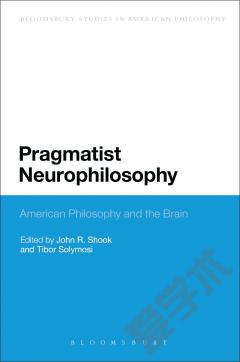Cognition and the Brain: The Philosophy and Neuroscience Movement
Various problems in computer science are 'hard', that is NP-complete, and so not realistically computable; thus in order to solve them they have to be approximated. This book is a survey of the basic techniques for approximating combinatorial problems using parallel algorithms. Its core is a collection of techniques that can be used to provide parallel approximations for a wide range of problems (for example, flows, coverings, matchings, travelling salesman problems, graphs), but in order to make the book reasonably self-contained, the authors provide an introductory chapter containing the basic definitions and results. A final chapter deals with problems that cannot be approximated, and the book is ended by an appendix that gives a convenient summary of the problems described in the book. This is an up-to-date reference for research workers in the area of algorithms, but it can also be used for graduate courses in the subject.
{{comment.content}}








 京公网安备 11010802027623号
京公网安备 11010802027623号